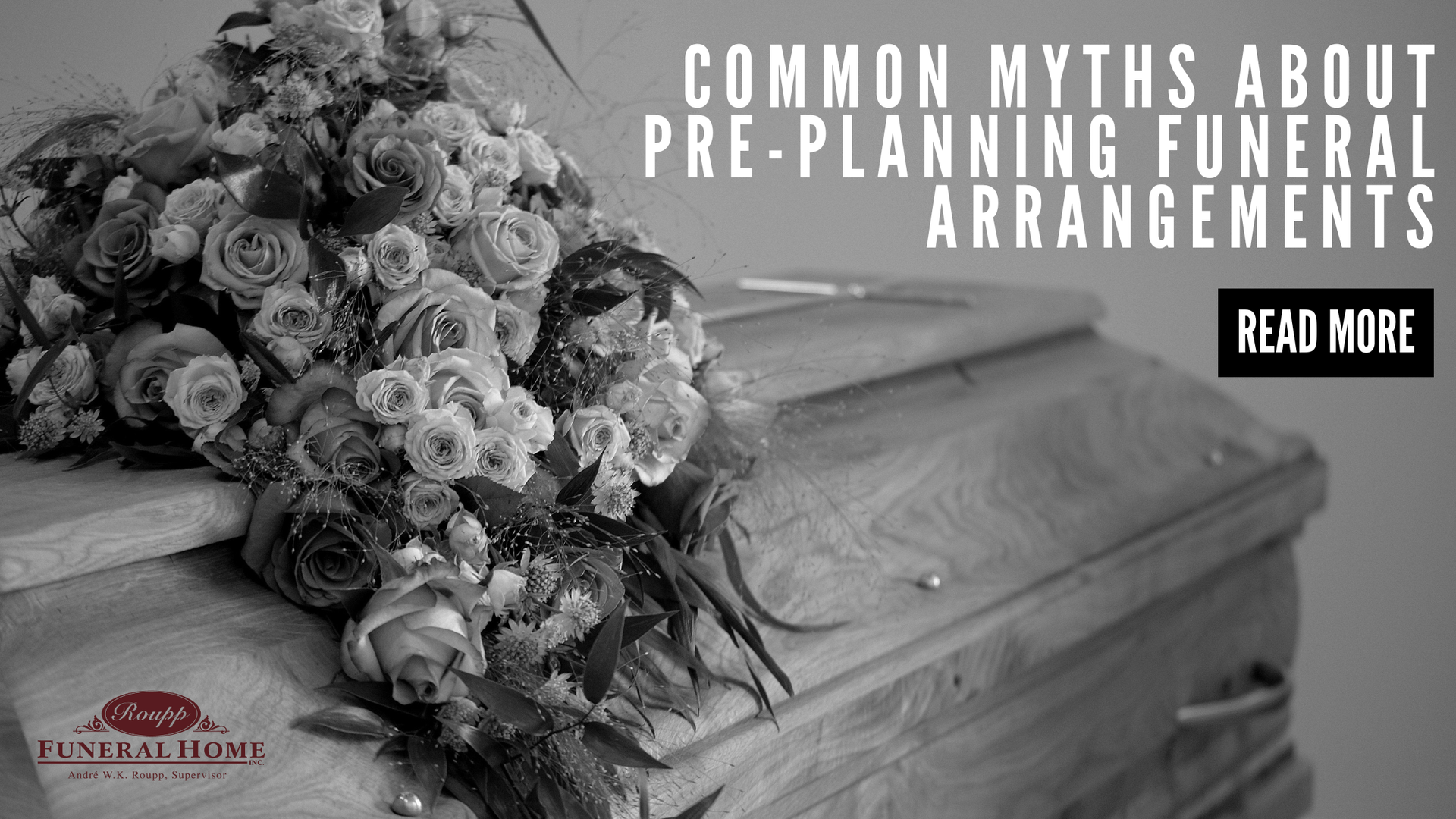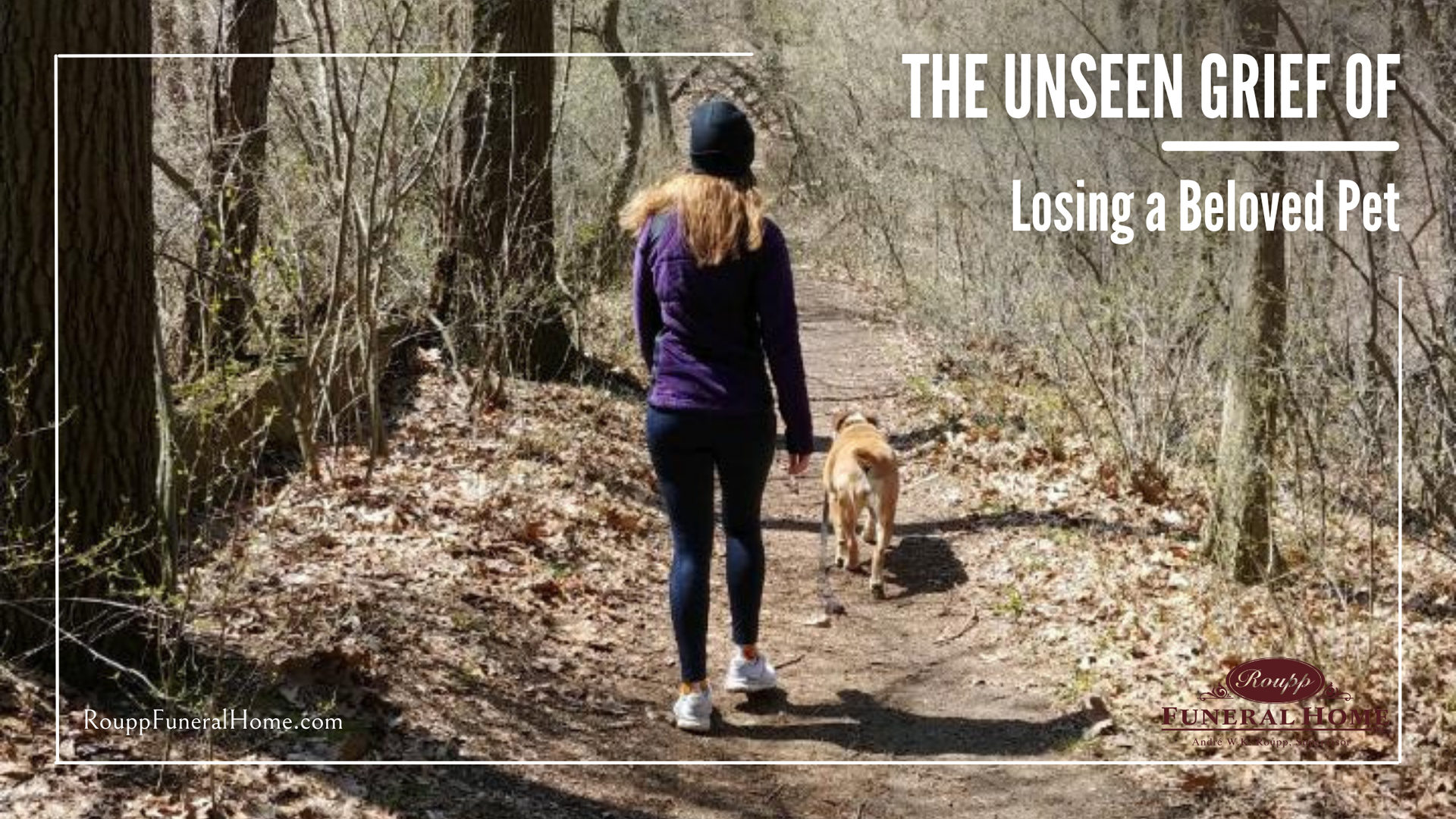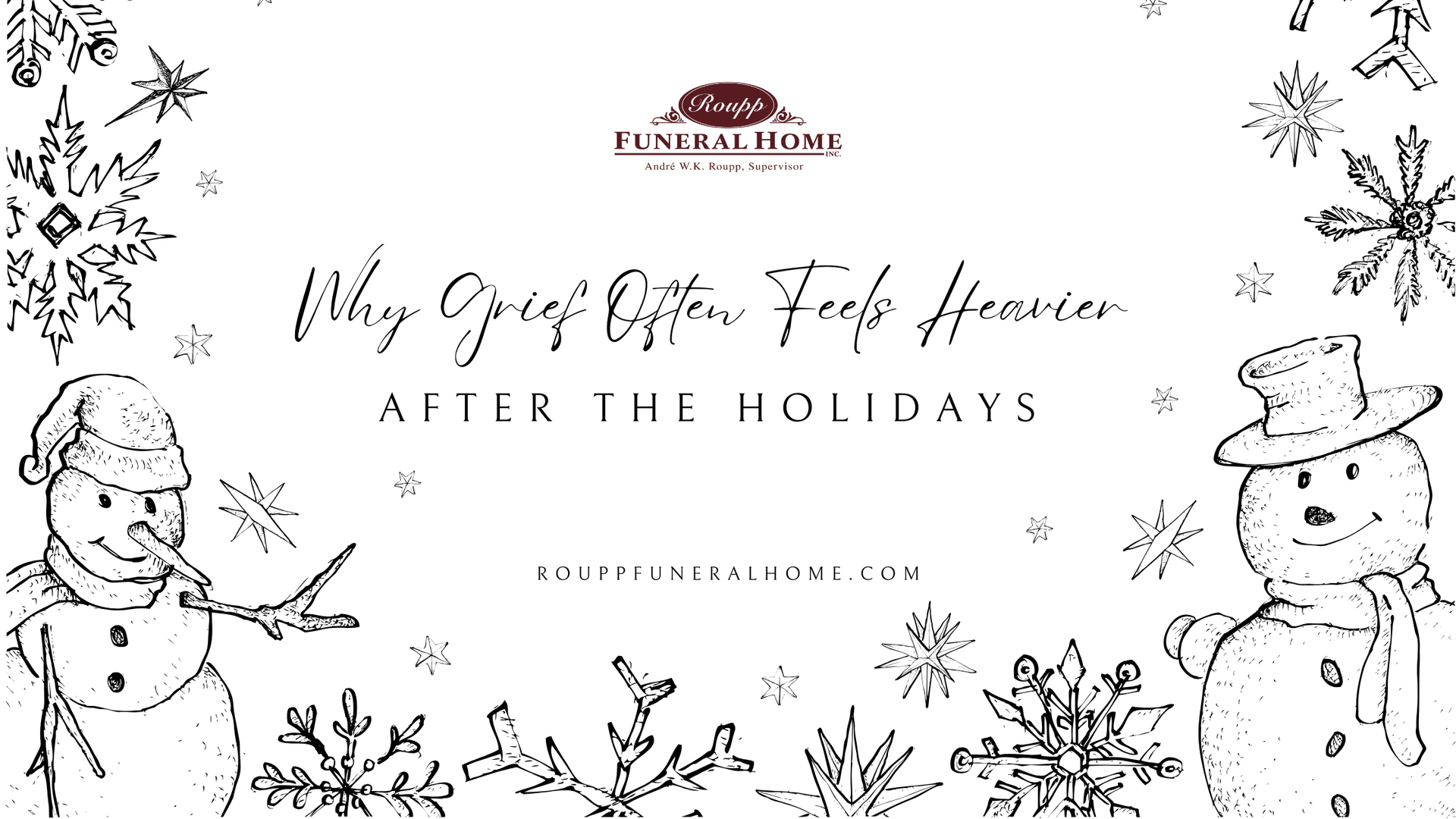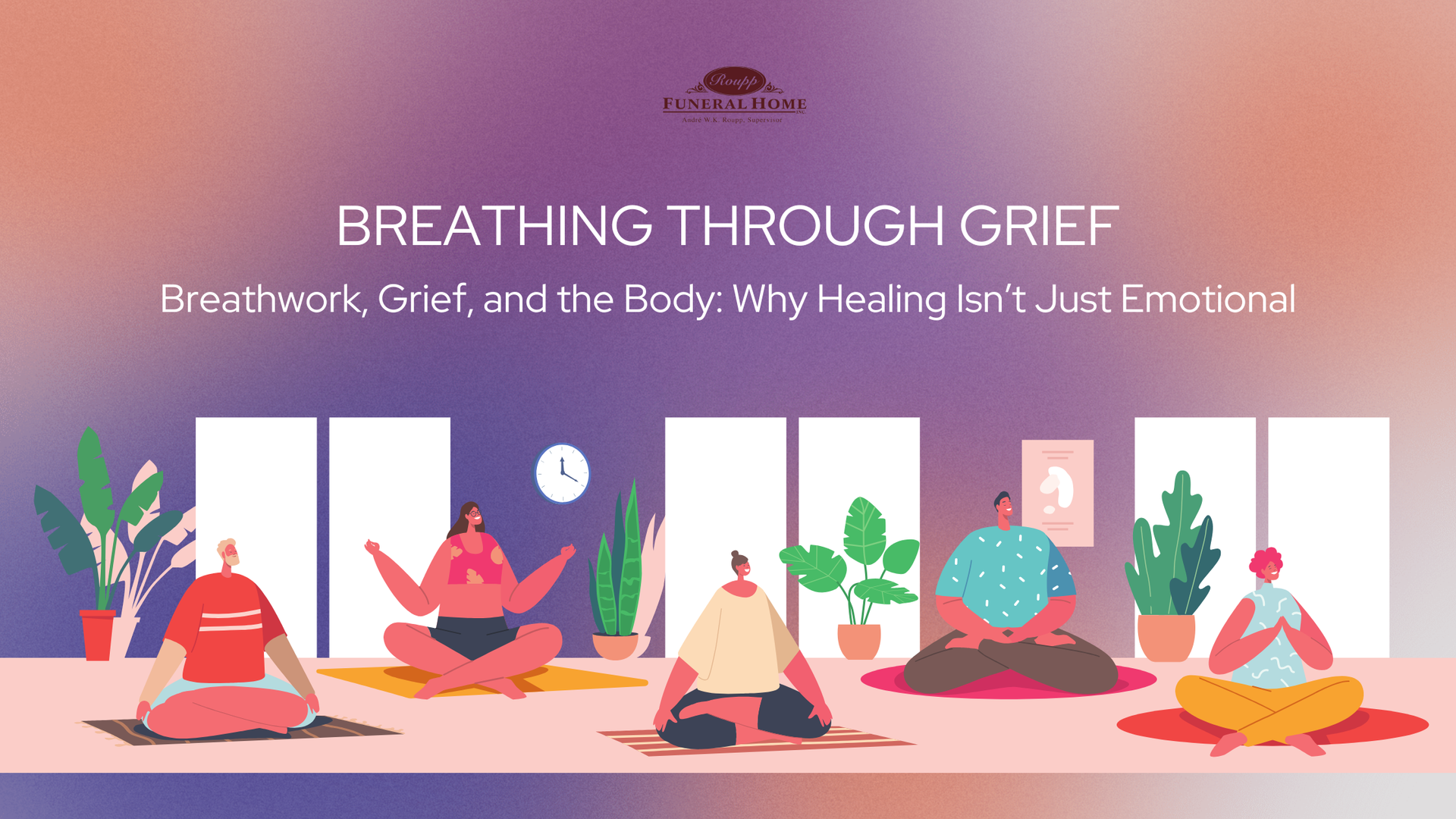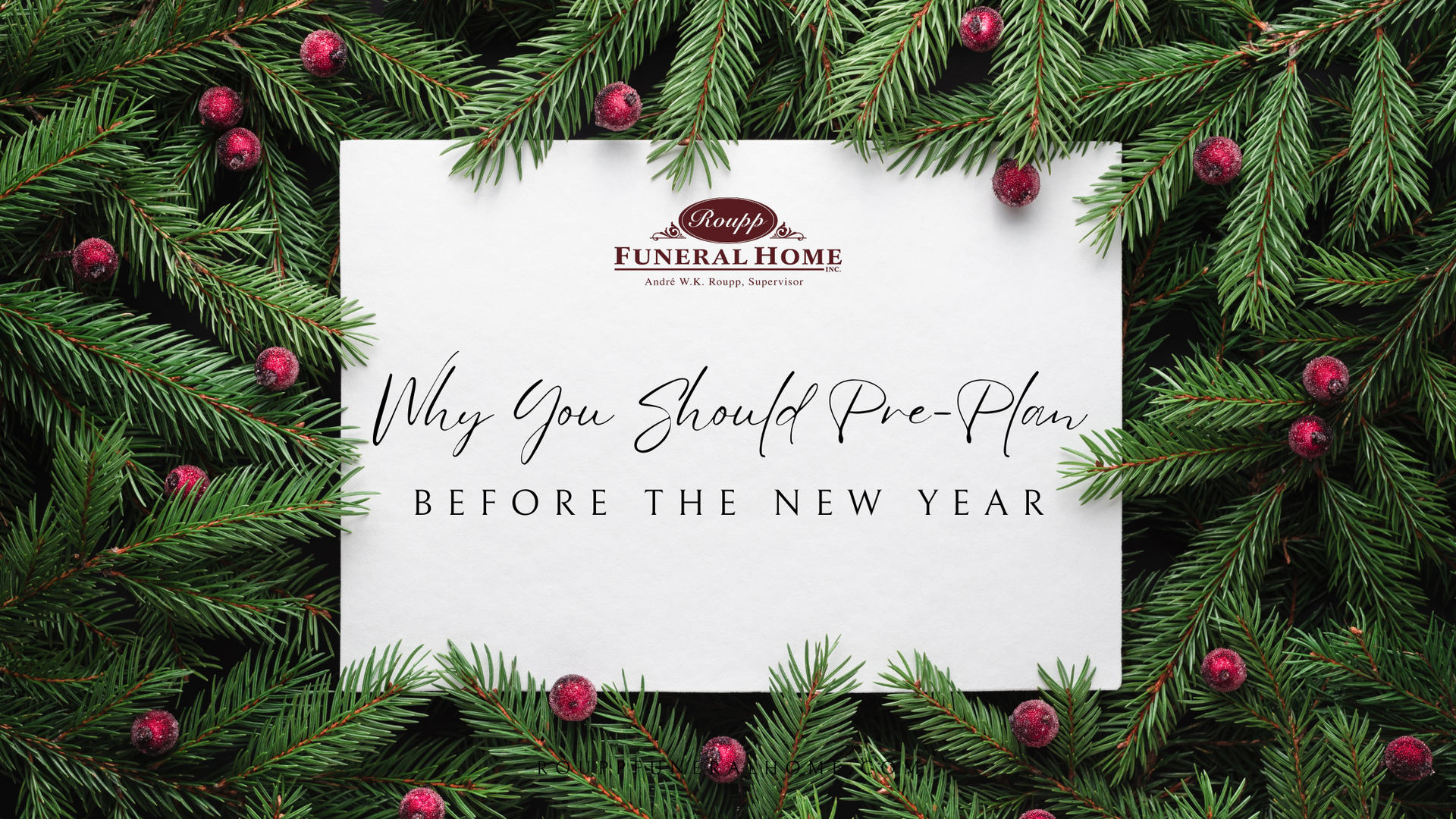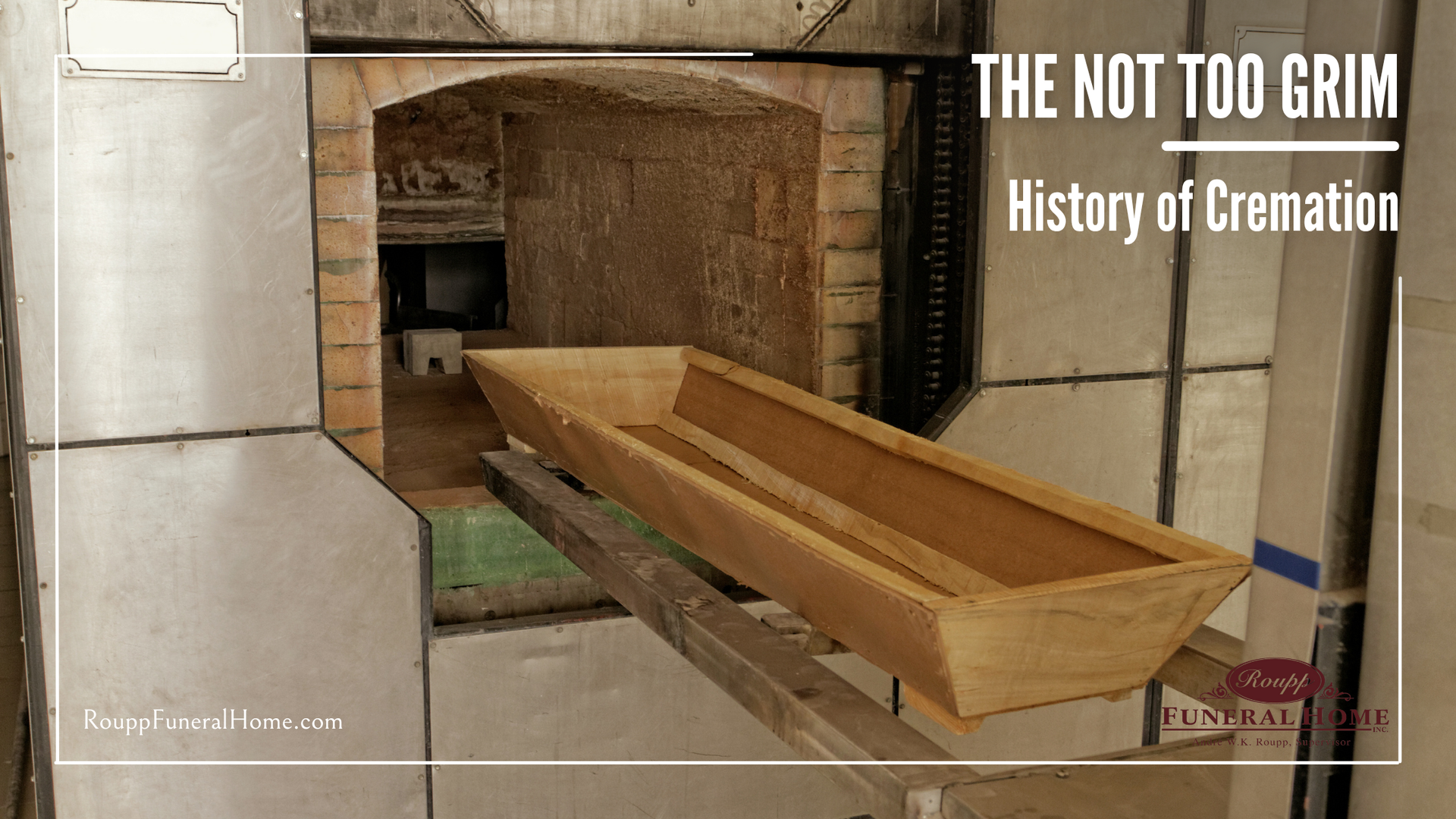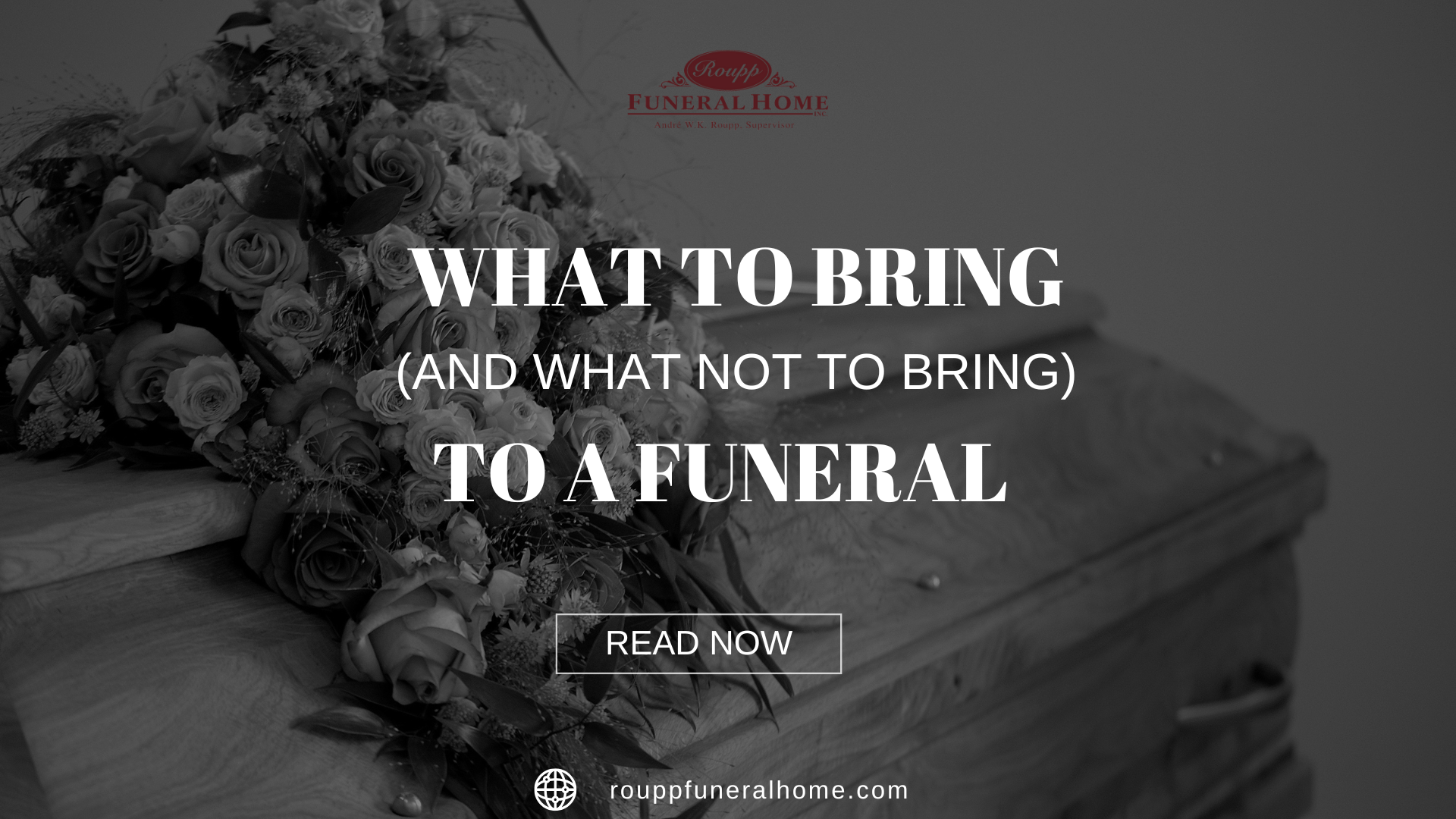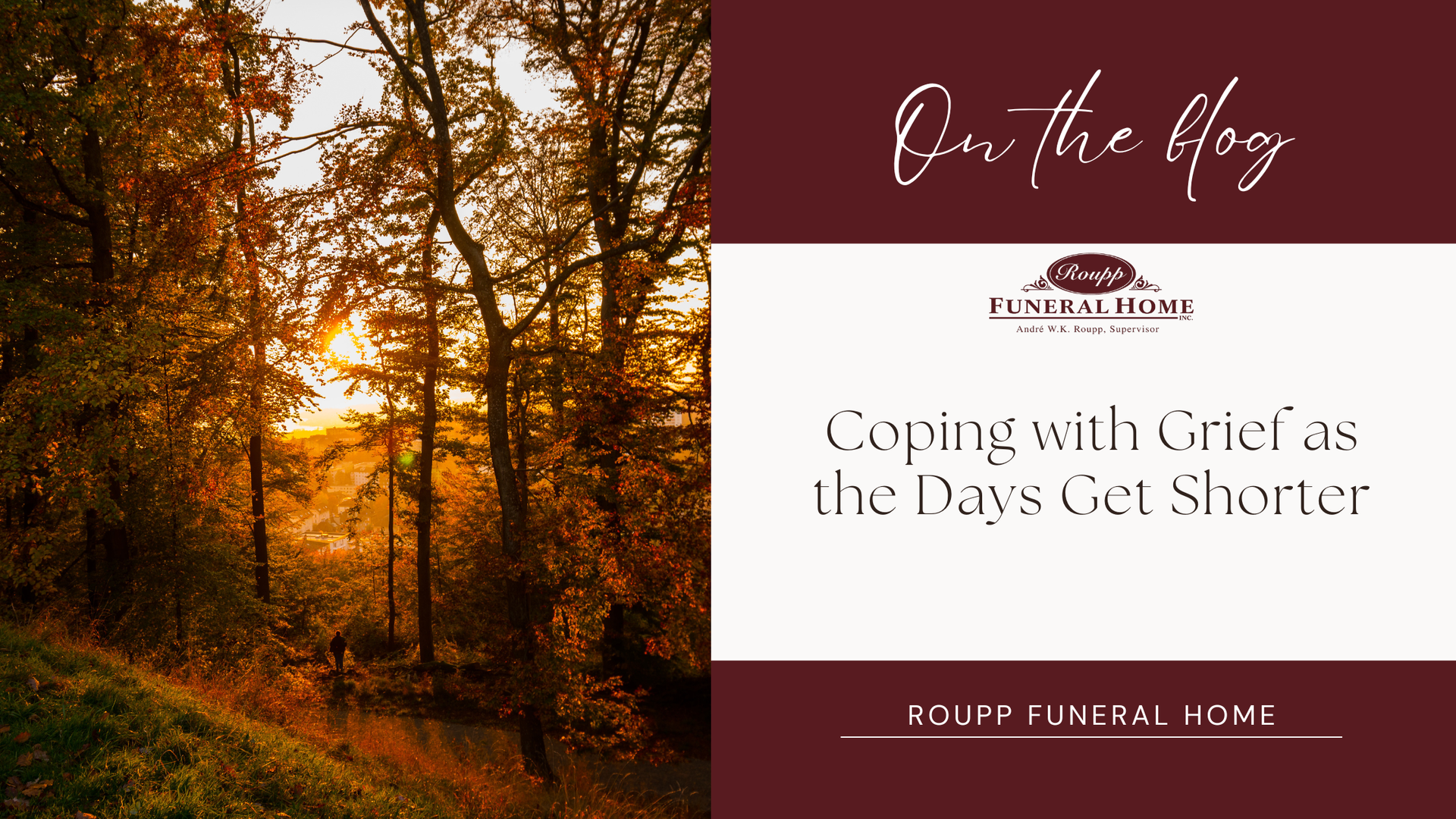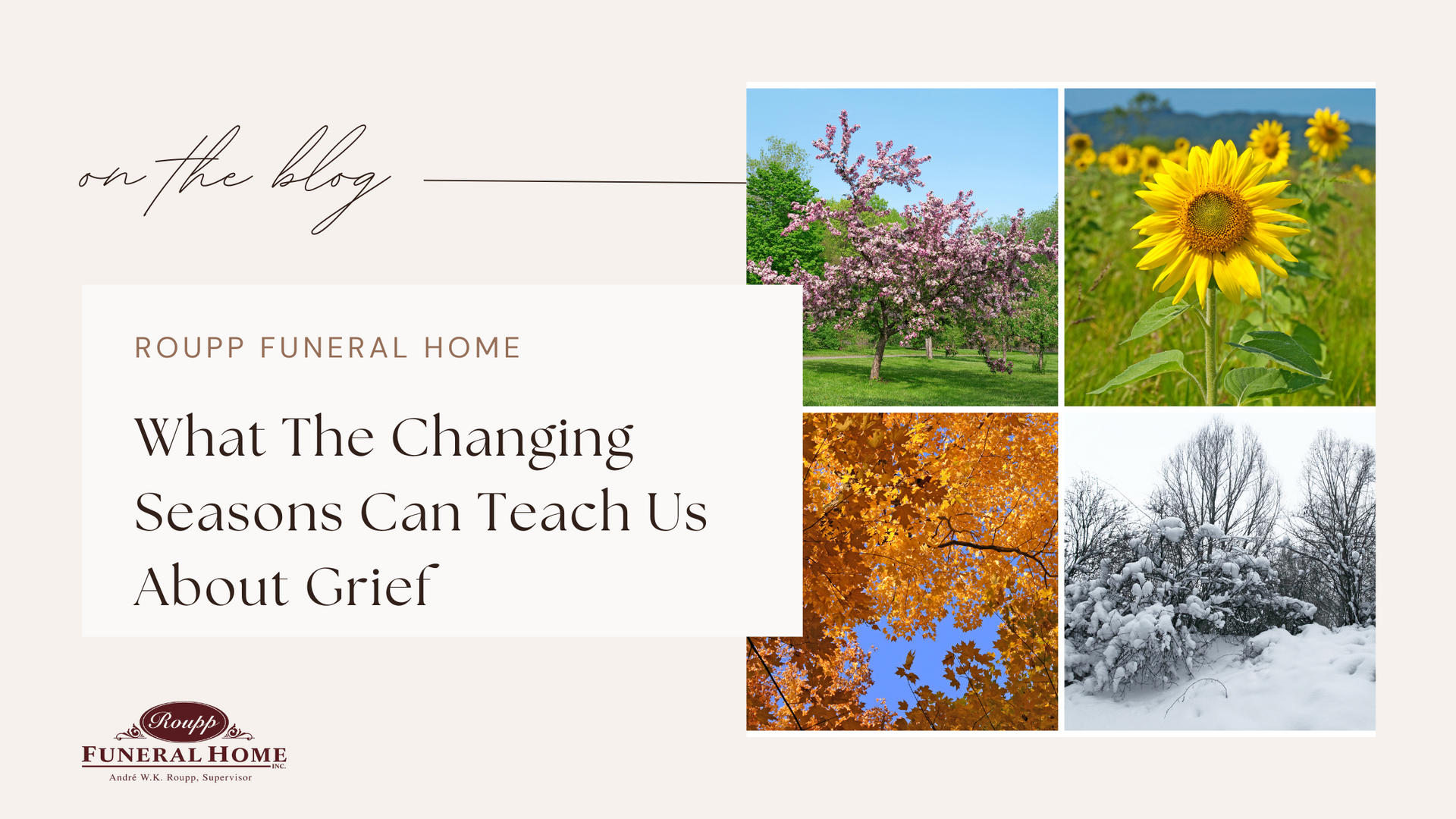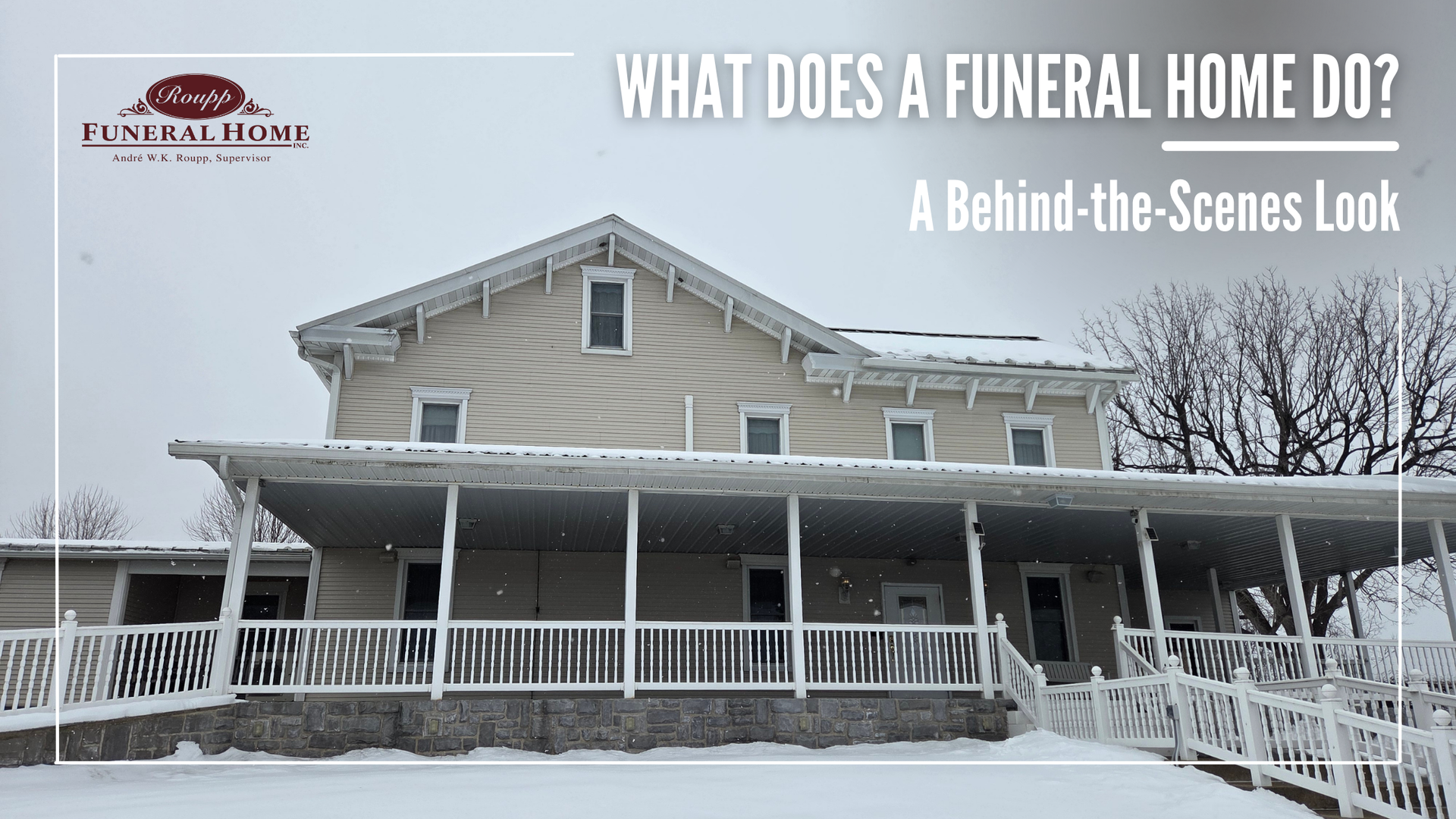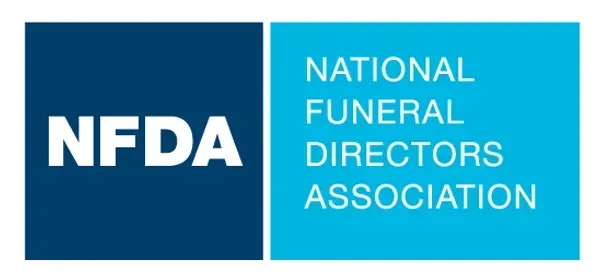The History of Funeral Homes
The funeral home industry as we know it today has a rich and evolving history. Over the centuries, the way we care for, prepare, and memorialize the deceased has transformed significantly, from home-based rituals to specialized death-care institutions. Understanding this history gives us insight into how modern funeral homes came to be and the meaningful role they serve in communities.
1. Early Roots: Death in the Home
Before the mid-1800s, most Americans died at home, and the family made funeral arrangements. The body was often displayed in the family parlor, and loved ones would gather in that intimate setting to mourn. This tradition is where the term "funeral parlor" originates. (blog.hooperfuneralchapel.com)
Because bodies were not required to be preserved for public viewings, there was little need for embalming or long delays between death and burial. The family took care of the washing, dressing, and viewing, all in the home. (ccgsilib.org)
2. The Civil War and the Rise of Embalming
A turning point came during and after the American Civil War. The assassination of President Abraham Lincoln in 1865 played a major role in shifting public perception: Lincoln’s body was embalmed so it could be transported and viewed across the country, something that caught the public’s attention. Because of this, embalming started to gain popularity. It allowed bodies to be preserved, enabling people to hold funerals later and in locations other than the home.
3. Birth of the Modern Funeral Home
As embalming became more commonplace, the business of death care evolved. Undertakers, now called funeral directors, began offering more services: preparing the body, coordinating transportation, and hosting viewings. These services outgrew the family parlor.
Some early undertakers were also coffin makers or furniture store owners. Their background in carpentry made it natural for them to build coffins, and eventually they expanded into full funeral services.
By the early 1900s, there was enough demand and complexity in the business that formal training became necessary. The National Funeral Directors Association (NFDA) was formed to help standardize the profession, encourage ethical practices, and elevate the role of the funeral director as a credible, professional service provider.
4. Growth Through the 20th Century
In the decades that followed, funeral homes multiplied across America. By 1920, there were tens of thousands of funeral homes operating.
These institutions became a fixture in communities, offering a variety of services, from traditional burials to memorial services. As the population grew more mobile, funeral homes adapted by providing transportation, embalming, and viewing spaces so families could arrange meaningful farewells. (case.edu)
5. Cultural and Religious Diversification
Funeral homes in the United States did not just reflect changing technology; they also adapted to shifting cultural and religious landscapes. As immigration laws relaxed in the mid-20th century, more diverse religious and ethnic groups entered the mainstream. Funeral homes responded by expanding their offerings to serve different faith traditions, dress preferences, language needs, and burial rites.
6. Criticism and Reform
Despite its growth, the funeral industry has faced criticism. One of the most famous criticisms is Jessica Mitford’s 1963 book, The American Way of Death, which exposed exploitative practices within the funeral business. (en.wikipedia.org) Over time, concerns about cost, transparency, and ethics have prompted reform, more consumer education, and changes in how funeral services are structured.
The History of Roupp Funeral Home
At Roupp Funeral Home, our story is rooted in family, community, and a deep commitment to serving those in their most difficult moments. Our journey began in 1985 when we purchased the Strunk Funeral Home in Mifflinburg, Pennsylvania, and in 1992, we moved to our current location on Old Turnpike Road to better serve our growing community.
Our director, Andre W. K. Roupp, has been honored to carry on a family legacy of funeral service. Growing up surrounded by the compassionate work of his grandfather, C. Brainard Kuhl, Andre felt called to help families navigate grief with care, respect, and understanding. After earning his degree in Mortuary Science and completing his apprenticeship, he returned home to dedicate himself fully to this community.
Every day, our team strives to provide personal, compassionate care to families from all walks of life. We take pride in walking alongside you through life’s most challenging moments, helping you honor your loved ones with dignity, warmth, and a personal touch. At Roupp Funeral Home, you are treated like family, because that is what our community deserves.
Why the History Matters
Understanding the history of funeral homes helps us appreciate the traditions, practices, and dedication that shape our work today. While our services have evolved over the years, our mission remains the same: to provide comfort, guidance, and compassionate care to every family we serve.
By learning about the roots of funeral service, we can honor the past while providing modern, personalized care that meets the needs of today’s families. At Roupp Funeral Home, we combine professional expertise with the personal touch that only a family-owned, locally-rooted funeral home can offer.
Funeral homes have come a long way from simple home-based care to the professional, compassionate institutions we rely on today. At Roupp Funeral Home, we are proud to carry on this history while serving our community with heart and dedication. We are honored to walk alongside families during life’s most challenging moments, helping create meaningful, lasting memories of the loved ones you hold dear.
